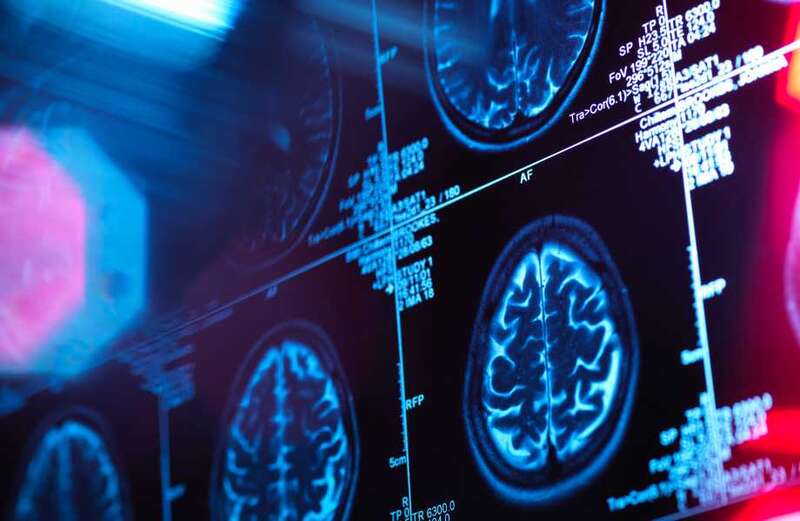ANTIPSYCHOTIC drugs given to some dementia patients cause “more severe harm” than previously thought, a study shows.
The medications can raise the risk of stroke, blood clots, heart attack, heart failure, bone breaks, pneumonia, and acute kidney injury, British researchers found.

The range of serious side effects was "wider than previously highlighted in regulatory alerts”, they said.
Professor Darren Ashcroft, from the University of Manchester, said: "In recent years, it has become clear that more people with dementia are being prescribed antipsychotic drugs, despite existing regulatory safety warnings.
"It is important that any potential benefits of antipsychotic treatment are weighed carefully against the risk of serious harm, and treatment plans need to be regularly reviewed in all health and care settings."
 Hospitals run out of oxygen and mortuaries full amid NHS chaos
Hospitals run out of oxygen and mortuaries full amid NHS chaos
Around 944,000 Brits are currently living with dementia and experts predict the numbers will exceed one million by the end of the decade.
Alzheimer’s disease is the most common form of the condition, and is thought to be caused by build-ups of proteins in the brain, including tau and amyloid.
There is currently no cure for the disease, although promising drugs to slow down its progress are currently in trials.
Some patients are prescribed antipsychotic drugs to help control certain symptoms of dementia, including agitation, aggression or distress from hallucinations or delusions.
Only two antipsychotics — risperidone and haloperidol — are licensed in the UK for the treatment of behavioural and psychological
symptoms of dementia, although others have been commonly prescribed off-label.
The study, published in The BMJ, examined data from 174,000 adults in England who were diagnosed with dementia between 1998 and 2018.
Some 35,339 were prescribed antipsychotics during the study - 63 per cent of whom were women.
Their medical records were compared to dementia patients who were not prescribed these drugs.
Researchers found that dementia patients who were current users of the drugs had a two-fold increased risk of developing pneumonia compared to those who were not taking the drugs.
They also found that dementia patients who took antipsychotics had a 61 per cent increased risk of stroke and a 43 per cent elevated risk of breaking a bone.
 Mystic Mag's 2023 predictions include strikes, sleaze, self pity and separation
Mystic Mag's 2023 predictions include strikes, sleaze, self pity and separation
The team also found a 28 per cent increased risk of heart attack and a 27 per cent increased risk of heart failure.
These findings add to existing evidence about the need to be cautious in prescribing antipsychotics to people with dementia
Professor Masud Husain
Patients with dementia who were prescribed antipsychotics had a 72 per cent increased risk of kidney injury and 62 per cent increased risk of developing a type of blood clot called a venous thromboembolism.
Experts said that the increased risks appeared to be highest in the first week after treatment.
Dr Sheona Scales, of Alzheimer's Research UK, said: "The distressing symptoms of dementia, such as confusion and agitation, pose significant challenges for people living with dementia, their families, and caregivers.
"Treatments that can help manage these symptoms are essential for a better quality of life, but options are currently limited, and in certain circumstances antipsychotics can be used to treat severe symptoms.
"However, these new findings suggest that these risks may be more severe than previously understood, which is particularly concerning given the rise in their use during the pandemic."
Charles Marshall, professor of clinical neurology at Queen Mary University of London, added: "This evidence should prompt renewed efforts to reduce the prescribing of antipsychotics to people living with dementia."
Dr Tom Russ, honorary consultant psychiatrist at the University of Edinburgh, added: "This study does not suggest to me that these medications should never be used, but they should be used sparingly in situations where other avenues have been explored."
Professor Masud Husain, of the University of Oxford, said: "These findings add to existing evidence about the need to be cautious in prescribing antipsychotics to people with dementia."



































